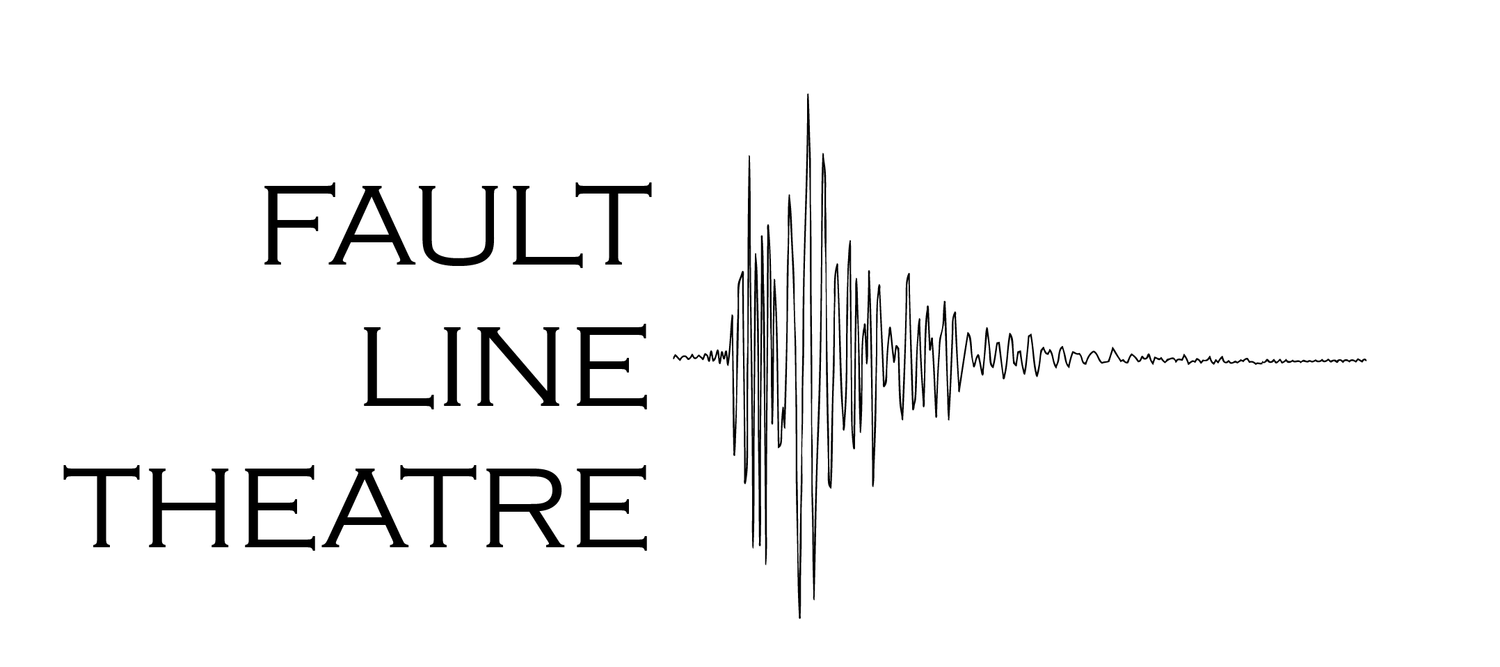Check out the review of From White Plains today at towleroad.com!
Fault Line Theatre’s ‘From White Plains’ Opens Off-Broadway: REVIEW
By Naveen Kumar
Imagine making a movie, 15 years later, about your teenage torment at the hands of a high school bully — and winning an Oscar for it. Now, imagine that bully watching the televised broadcast when you name him, specifically, in your acceptance speech. The look on his face kicks off the story of From White Plains, which opened Off-Broadway last week in a Fault Line Theatre production at the Perishing Square Signature Center.
The scene could just as easily mark another story’s happy ending — one that begins with a boy bullied on the playground, follows his search for self-acceptance and success as an artist, and ends with a trip to Los Angeles (handsome boyfriend in tow) to collect the most coveted affirmation in Hollywood. But White Plains writer and director Michael Perlman isn’t interested in telling a one-sided story.
Thirty-year-old Ethan Rice (played by Aaron Rossini), hearing himself named on the Oscar telecast, learns for the first time that his teenage bullying had tragic, unforeseen consequences. In the film, Ethan’s former classmate Dennis (Karl Gregory), portrays not just his own experience but that of his best friend, whose suffering at Ethan’s hands led him to suicide.
In response to being publicly blamed for the horrible outcome he never imagined as a teenager, Ethan releases an apology video online. Dennis follows with a swift rebuttal, and the two men engage in the sort of drawn-out virtual face-off that’s become a pop-culture staple. Dennis’ boyfriend Gregory (Jimmy King) tries his best to intervene, asking Dennis whether airing his anger in front of the whole world really makes him any happier.
While the premise is pretty near fantasy — it’s hard to imagine Dustin Lance Black name-calling in an acceptance speech, and where is this guy’s publicist? — the play that unfolds from there is both impressively circumspect and firmly grounded in its characterizations.
Where sympathies lie in a story like this one would usually be pretty clear, but the play succeeds in upending expectations and presenting an insightful and honest look at all sides an unfortunately all-too-familiar story. Between Dennis’ passionate crusade to combat childhood ghosts, and Gregory’s resistance to come out to his own parents, the play also becomes a thoughtful meditation on pride, shame, and the dynamics of love and sexual identity.
Directing his own play with a sure hand, Perlman doesn’t shortchange any of his characters — each member of the talented four-man ensemble (rounded out by Craig Wesley Divino as Ethan’s best friend) has a clearly defined emotional life worthy of careful consideration.
Though it’s clear that Ethan was just another self-conscious kid, trying to get laughs from his friends at others’ expense, Dennis is still struggling — not only to overcome the death of his best friend, but to combat the echoing voice of self-hate that Ethan planted in his head during their formative years.
Without letting the bully — or the society of which he’s a product — off the hook, Perlman poses the possibility of forgiveness for someone whose worst transgressions happened when he was young, insecure, and ignorant of the profound damage he might cause. The play examines lasting scars schoolyard brutality, while acknowleding that placing blame isn’t quite so simple.

